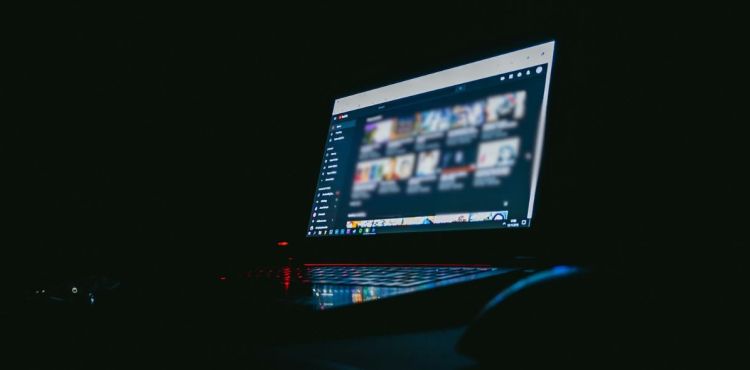Understanding viewers of reactionary, far-right online content

New research investigates what draws people to online content that is reactionary, radical and contains disinformation.
Dr Cindy Ma, Lecturer in Race and Media at the School of Media and Communication, authored the paper titled ‘Thinking for Themselves: Bootstraps Discourse and the Imagined Epistemology of Reactionary YouTube Audiences.’ It’s published in ‘Political Communication’.
While studies have examined the rhetoric of reactionary content and the impact of social media algorithms on radicalisation, few of them have examined what draws viewers to watch them.
This is what Dr Ma investigated. She interviewed 18 current and former fans of reactionary YouTube channels to understand their appeal.
Rugged individualism
In the paper, Dr Ma explains the current research about the right-wing media ecosystem including reactionary YouTube channels. These are highly networked and cross-referential.
‘Reactionary’ refers to the nature of the content, as popular right-wing YouTubers often spend the bulk of their time reacting to political opponents like mainstream media, social justice campaigners and academics.
In the interviews, Dr Ma found that the viewers of these channels too had a distrust of mainstream media and institutional politics.
Due to this, they preferred to go to ‘self-sufficient’ individuals for their political news and information.
For viewers, these online influencers embody a philosophy of “rugged individualism.”
Bootstraps epistemology
The interviewees described a process of “personal research, rational deliberation and intellectual combat” to reach their political beliefs. This is what Dr Ma calls “bootstraps epistemology.”
They saw the YouTubers as models for how to put these beliefs into practice and “bypass the perceived dogma” of mainstream news channels.
Meanwhile, the YouTubers position themselves as uncorrupted alternatives to mainstream media.
They therefore perpetuate and profit from this way of thinking.
Understanding far-right perspectives
The paper highlights the importance of listening to the perspectives of those who consume far-right media.
This can help researchers and activists to better understand disinformation and therefore find better ways to intervene.
Dr Cindy Ma said:
"In this article, I try to put research on disinformation into conversation with concepts coming out of critical race studies and Black studies, which have long critiqued Enlightenment understandings of rationality.
“Based on interviews with viewers of reactionary YouTube channels, I argue that “rugged individualism” forms the basis not just of the reactionary right’s political project but also of their imagined epistemology: a shared, idealized narrative adopted by the community to describe how they have come to know what they know.
“Ultimately, I introduce the concept of bootstraps epistemology as a way of understanding right-wing approaches to accessing political truth and knowledge."




